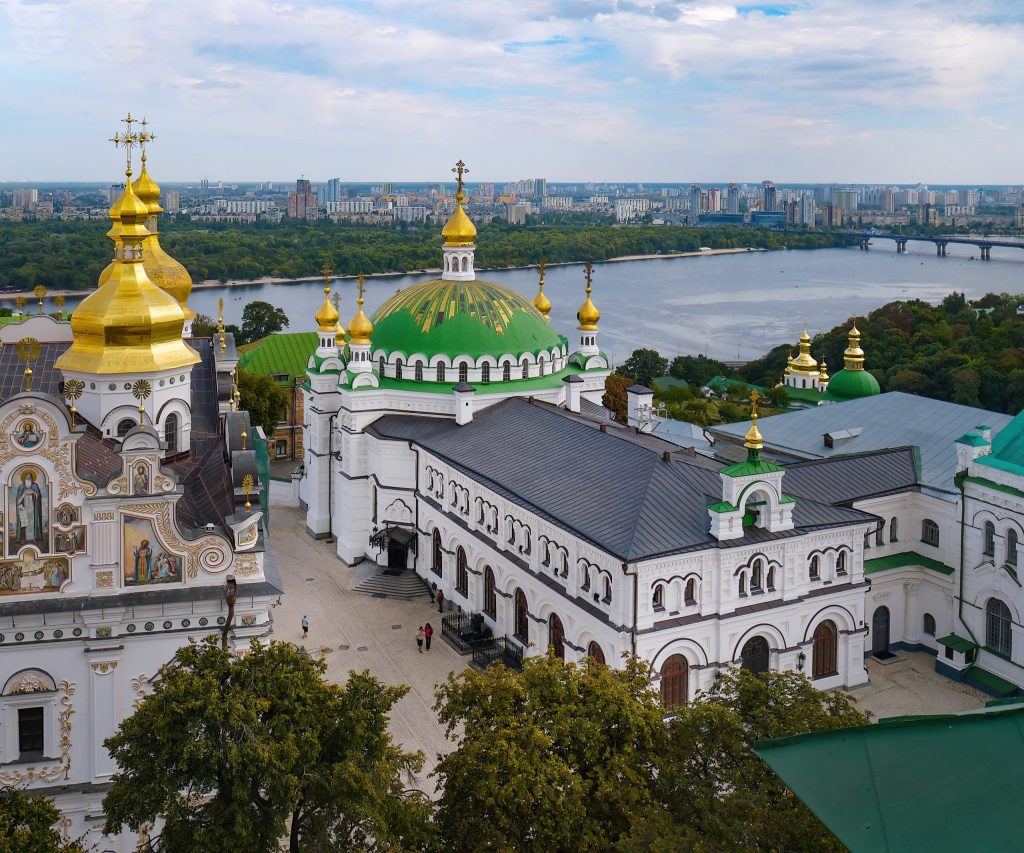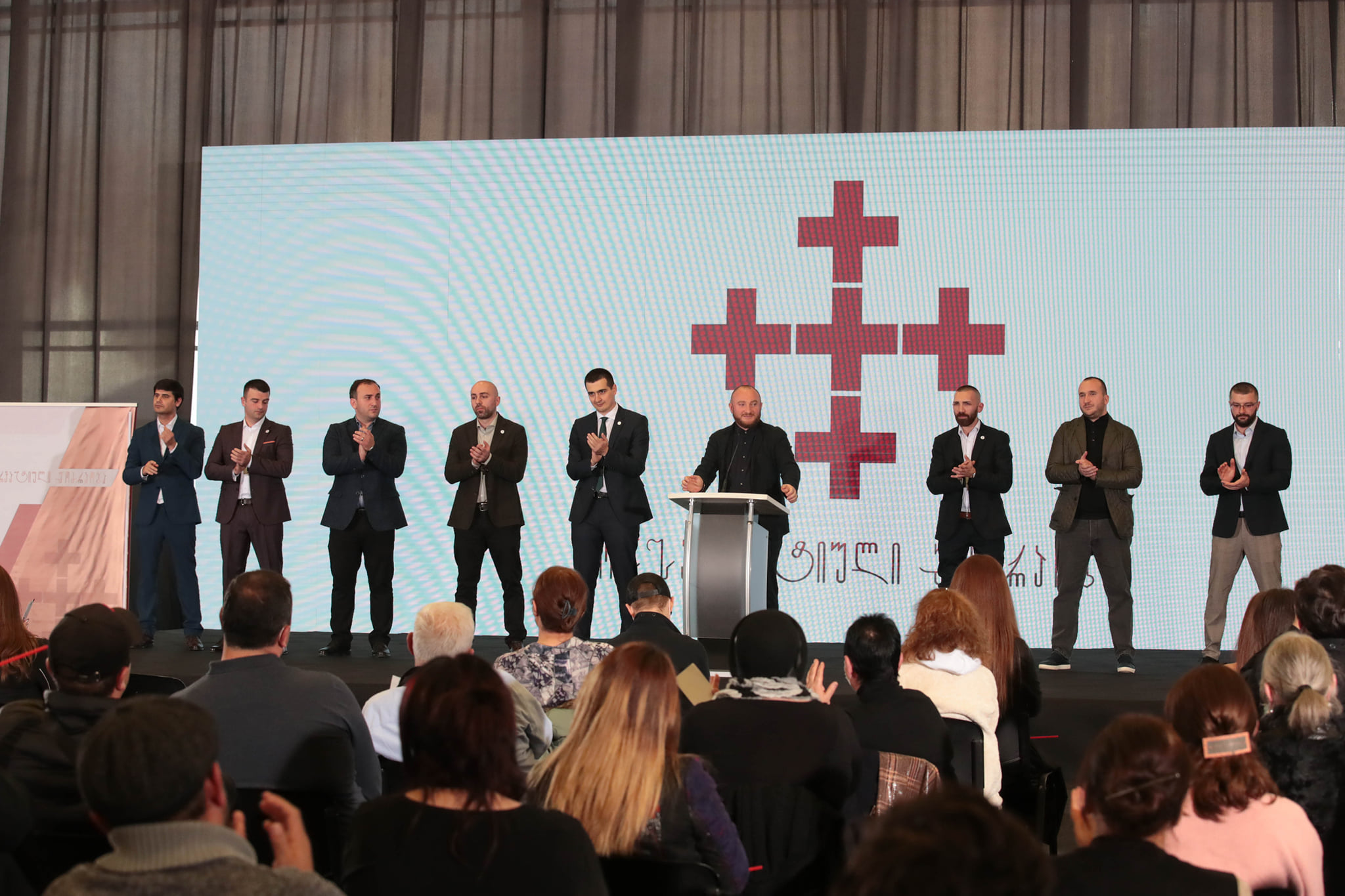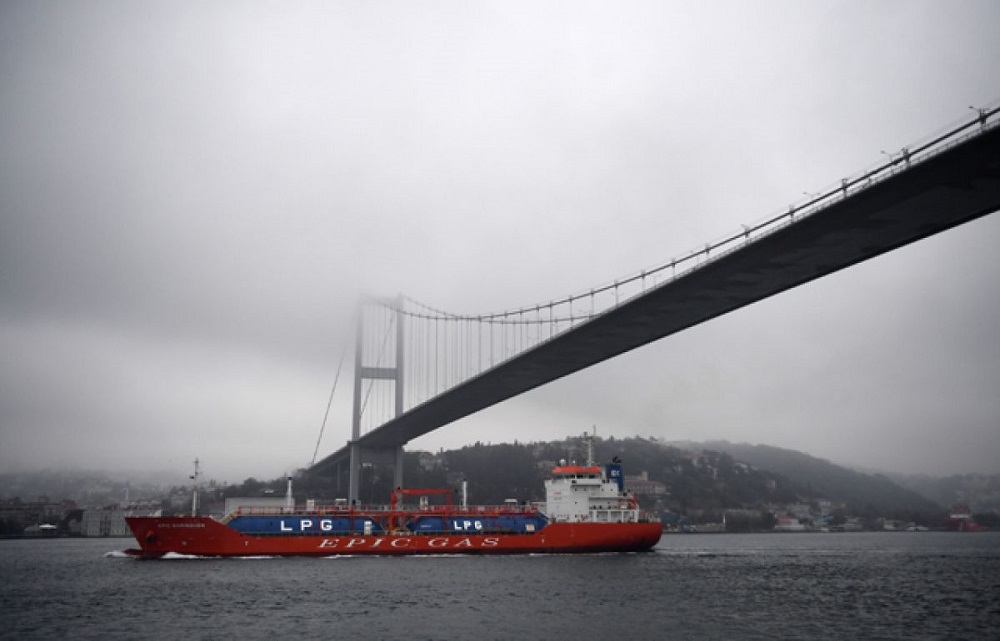Having supported war in Ukraine, the Russian Orthodox Church found itself in the position of outcast of the Christian world
Based on material from Novaya Gazeta Europe. The full version of the article can be read here
In 2022, the leadership of the Russian Orthodox Church (ROC) supported the Russian attack on Ukraine. This war, if it does not result in the collapse of Orthodox civilization, will leave the deepest rift, the contours of which were outlined by the Ecumenical Patriarch Bartholomew, who placed on his former brothers from the Russian Orthodox Church the responsibility of ideological justification of the current aggression.
Heaven is not for peacemakers?
If the previous Patriarch Alexy II, who headed the Russian Orthodox Church during perestroika, allowed himself elements of independence, for example protesting against the first Chechen war, then the current Patriarch Kirill does not deviate a single millimeter from the party line. Putin’s assertion that Russians who died in the war will “go to heaven” was also fielded by Kirill in his sermon this fall. He promised that death at the front “washes away all the sins that a man has committed” and is the most direct road to paradise.
- Russian Ministry of Defense accuses own troops of giving away positions
- Ukraine, Armenia/Azerbaijan, Iran are among the dangerous conflicts in 2023
- Study: EU spent 3 times less on aid to Ukraine than on Russian oil and gas
In the first days of the war, the clerics of the patriarchy published an open letter calling for reconciliation and ceasefire. It garnered the signatures of 280 priests and deacons, a significant proportion of whom serve outside of Russia. In retaliation, some of the signatories were banned from the priesthood, while others fell victim to the repression of the Russian judicial system.
In 2022, sentences were handed down in Russia for displaying posters with quotations from the Bible, such as “Thou shalt not kill”, as discrediting the Russian armed forces.
Horsemen of the Apocalypse
Gradually, the original slogans of “special operation” – amorphous and unattainable – were discarded. The “denazification” and “demilitarization” of Ukraine was replaced by its “desatanization”. On National Unity Day, November 4, ex-president Medvedev, on behalf of the Kremlin, called on the battlefields to “stop the supreme ruler of hell.”
According to conspiracy theories, the lord of hell, Satan, acts through his secret servants, sitting either in the world government, or in Masonic lodges. Patriarch Kirill hinted at them in one of his sermons dedicated to rethinking the “special operation”. He called for saving Russia “from the most powerful forces that today dominate most of the countries of the world.”
Theology of War
In contrast to the “sacrificial” pathos, the presence of the Russian Orthodox Church in the warring Russian troops looks more than modest. According to the confessor of the Union of Orthodox Brotherhoods, Abbot Kirill, during the first eight months of the war, only five priests visited the front line from the side of the armed forces of the Russian Federation. Most of them never returned from there. The loudest victim was Archpriest Mikhail Vasiliev, rector of the church at the headquarters of the Strategic Missile Forces in Vlasikha near Moscow, who died in early November near Kherson. A few days before his death, he appeared on the Orthodox TV channel “Spas” with an appeal to Russian mothers to more actively send their sons to a special operation.
“We will hold President Putin and others accountable in accordance with international law,” the leaders of the G7 states promised on December 12. Judging by the fact that in 2022 against a number of figures of the Russian Orthodox Church, led by the patriarch, for the first time in history! – Western sanctions were imposed, the upcoming tribunal will not ignore religious organizations and clergymen involved in aggressive propaganda.
Confessions on different sides
Russian Muslim and Buddhist leaders have also unequivocally sided with Putin.
Jews led by chief rabbi of the Federation of Jewish Communities of Russia, Berl, Lazar oppose the escalation of hostilities.
Russian Baptists and Catholics also called for an end to hostilities and the capture of foreign territory.
On Christmas Eve, a group of Orthodox, Catholic and Protestant ministers and activists from Russia issued an anti-war declaration, again calling on the church leadership (primarily the Russian Orthodox Church) not to ignore the obvious commandments of God pertaining to non-violence and not seeking revenge:
“Participation in this war on the side of the aggressor is unacceptable for a Christian. We do not agree that patriotism is expressed in blind devotion to the government and unaccountable love for the state and the sovereign …”
On February 21, 2022, Putin spoke of his intention to protect the Ukrainian Orthodox Church (UOC-MP). Three months later, on May 27, at a council in Kyiv, this church categorically condemned the actions of the Russian Federation and completely dissociated itself from the Moscow Patriarchate.
On January 5, 2023, the Ministry of Culture of Ukraine decided to return the Assumption Cathedral and the Refectory Church of the Kiev-Pechersk Lavra to state ownership. The lease on these facilities has expired, and the UOC did not renew it. Thus two important churches were taken away from the UOC.

The Parliament of Ukraine is considering bills aimed at a complete ban on the Moscow Patriarchate in the country.
Back in May the leader of world Orthodoxy, Patriarch Bartholomew of Constantinople, called on Kirill to resign and not dishonor the once good name of Russian Orthodoxy.
The primate of the Finnish Orthodox Church also appealed to Cyril: “Wake up and condemn this evil…”
Attempts to justify the war were condemned by the Orthodox Churches in Bulgaria, Romania, Poland, Georgia and America, by Protestant leaders led by the Archbishop of Canterbury, and by the World Council of Churches.
The ROC did not see such a level of international isolation even in the late 1930s.
Against this background, the position of Pope Francis raises questions. As the main goal of 2022 he chose the start of negotiations between the Russian Federation, Ukraine and the EU in the Vatican. To prepare them, Francis planned to visit Moscow and Kyiv, but it never materialized. But he did cease confessing his love for the Russian people. And his most scandalous statement in this context were words from an interview with a Jesuit magazine in November: “The most cruel [in the “special operation”] are, perhaps, immigrants from Russia who do not belong to the Russian tradition, such as Chechens, Buryats, and so on.” Later, the Vatican apologized for these words, but they are in complete harmony with Francis’s statements on the “Russian theme.”
Outstripping Ukraine, Latvia became the first country in the world to legally ban the ROC. After some hesitation, the position of Patriarch Kirill was also condemned by his viceroy in Estonia, Metropolitan Eugene.
Ioan Burdin, a rural priest from the Kostroma hinterland, who was fined for calling for peace, considers what is happening in 2022 to be the result of mass obsession. A sure sign of obsession is the sacralization of obvious sin, when the execution of civilians, robbery and seizure of foreign territories are declared a holy war:
“The curse falls on everyone for this. Not only on those who gave the order, but also on everyone who approved or remained silent.
Russian Orthodox Church during war





















